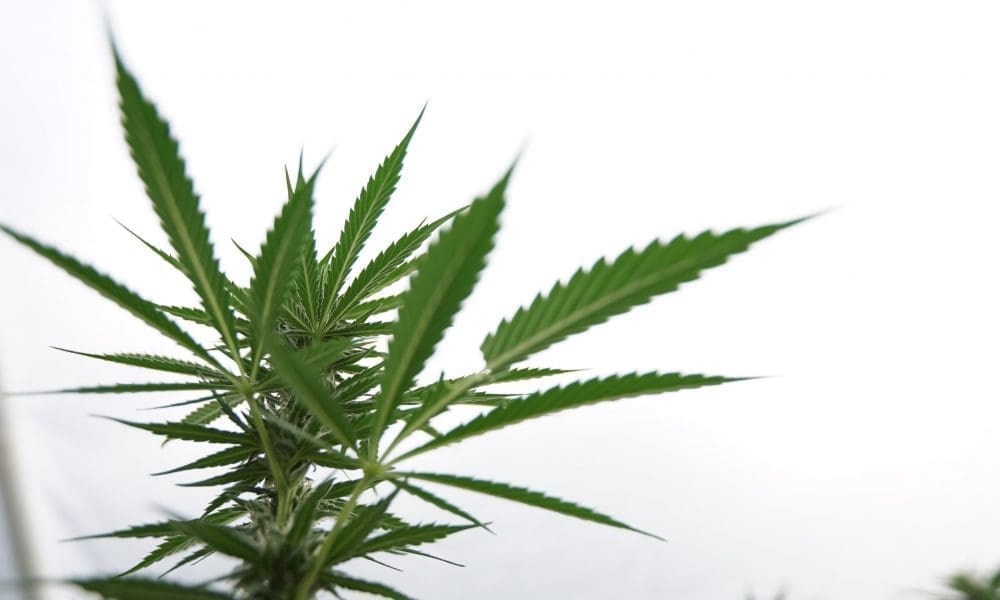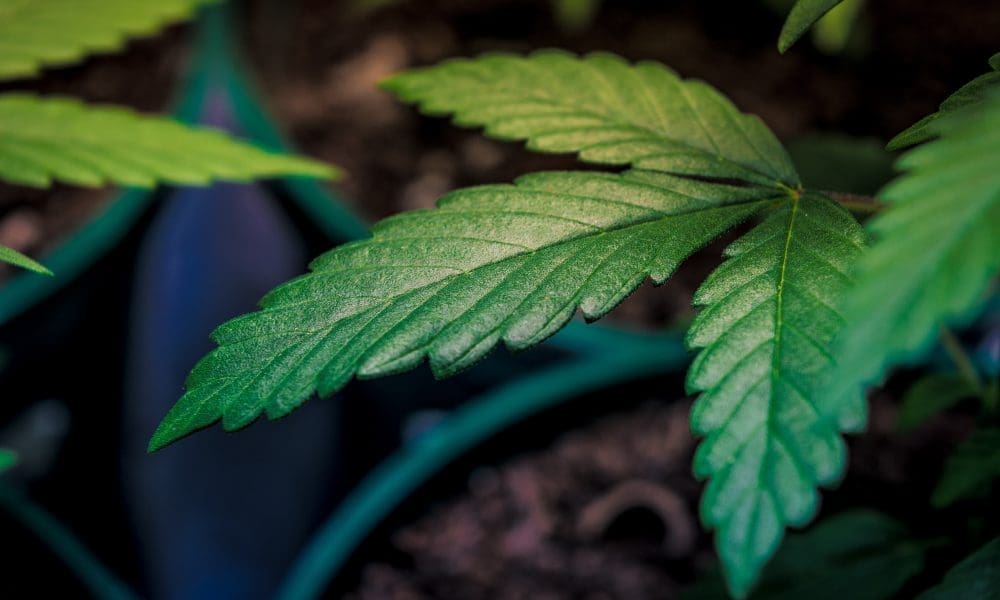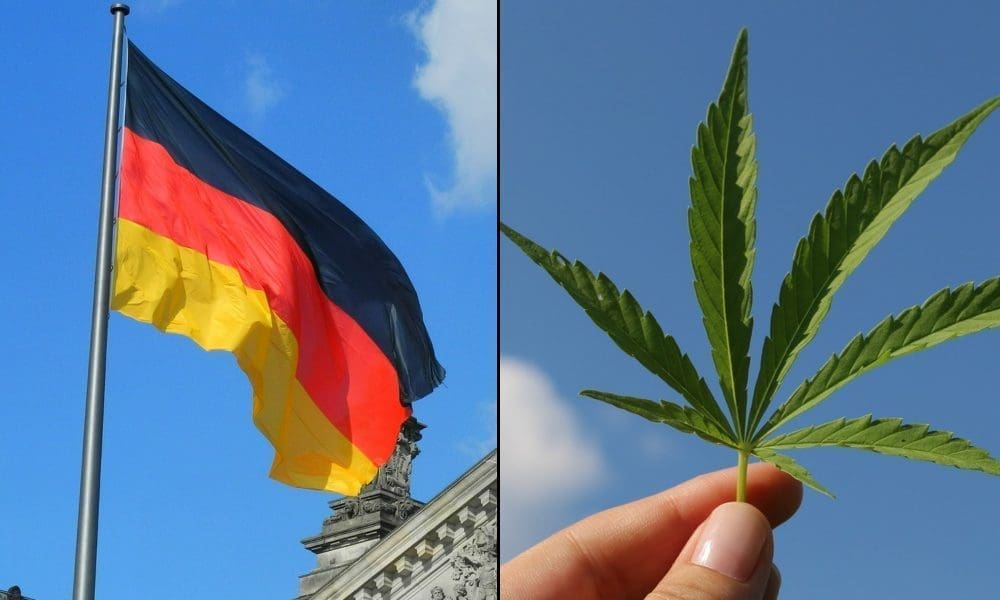
The Cannabis Deception: How Your Government Stole Your Future
(One Example Of Many)


 www.thelastamericanvagabond.com
www.thelastamericanvagabond.com

So it's not just pure coincidence that rescheduling to schedule III will make cannabis legal only by prescription???
The Real Story Behind Marijuana Opposition
The real story behind Marijuana Opposition and how its funding comes almost entirely from pharmaceutical companies that stand to lose millions to marijuana.www.thelastamericanvagabond.com
Today 32 current and former law enforcement officials from across the country sent a letter to President Biden urging his Administration to reschedule cannabis from schedule I to schedule III under the Controlled Substances Act. https://t.co/H7tRF3f4NL
— Law Enforcement Leaders (@LawLeadGroup) February 22, 2024
Surveys of our membership are clear: veterans want access to the widest possible array of treatments, and to feel comfortable discussing medical cannabis with their doctors. We will continue to lead the charge in the fight for alternative therapy. #Cannabis4Vets #IAVALeads
— IAVA (@iava) February 22, 2024
Today 32 current and former law enforcement officials from across the country sent a letter to President Biden urging his Administration to reschedule cannabis from schedule I to schedule III under the Controlled Substances Act. https://t.co/H7tRF3f4NL
— Law Enforcement Leaders (@LawLeadGroup) February 22, 2024
Surveys of our membership are clear: veterans want access to the widest possible array of treatments, and to feel comfortable discussing medical cannabis with their doctors. We will continue to lead the charge in the fight for alternative therapy. #Cannabis4Vets #IAVALeads
— IAVA (@iava) February 22, 2024
That became obvious to me at the beginning of covid. The first bailout of $2.5T was our money and should have gone to us, not corporate America. That would have equated to around $17K per household to stay home for one month. As long there is a corporate interest involved, I don't have any expectation of benefiting from any new federal regulations regarding cannabis or anything else.It will become obvious to people at that point that the government is separate from them and not out for their best interests.

Front row at the @NCIAorg Stakeholder Summit in Sacramento, listening to Cannabis Caucus Co-chair @RepBarbaraLee, CA’s top regulator @NicoleElliottCA and @michellerutter talk federal reformpic.twitter.com/hfkwTdtLBI
— Kyle Jaeger (@kylejaeger) February 22, 2024
a hell of a lot more old white men in there for life than women of any color. or were you poking fun at them with "women" ?so many lawmakers refuse to educate themselves or are unable to because they are too elderly. These old grumpy women have to go from politics, this is embarassing.


Don't worry Nanny, we both know we've made great strides up the ladder of social evolution in the past 50 plus years. There is bound to be a few stragglers lagging behind, but I'm sure it's only a few.Well, i'm done here.

Getting me in trouble, armedoldhippy! Just call it how I see it. I let God judge though. Hopefully we get some good leaders voted in. There was term limit legislation that was introduced and possibly passed in Indiana this year. Power to the people!a hell of a lot more old white men in there for life than women of any color. or were you poking fun at them with "women" ?can anyone out there say "term limits" ?

